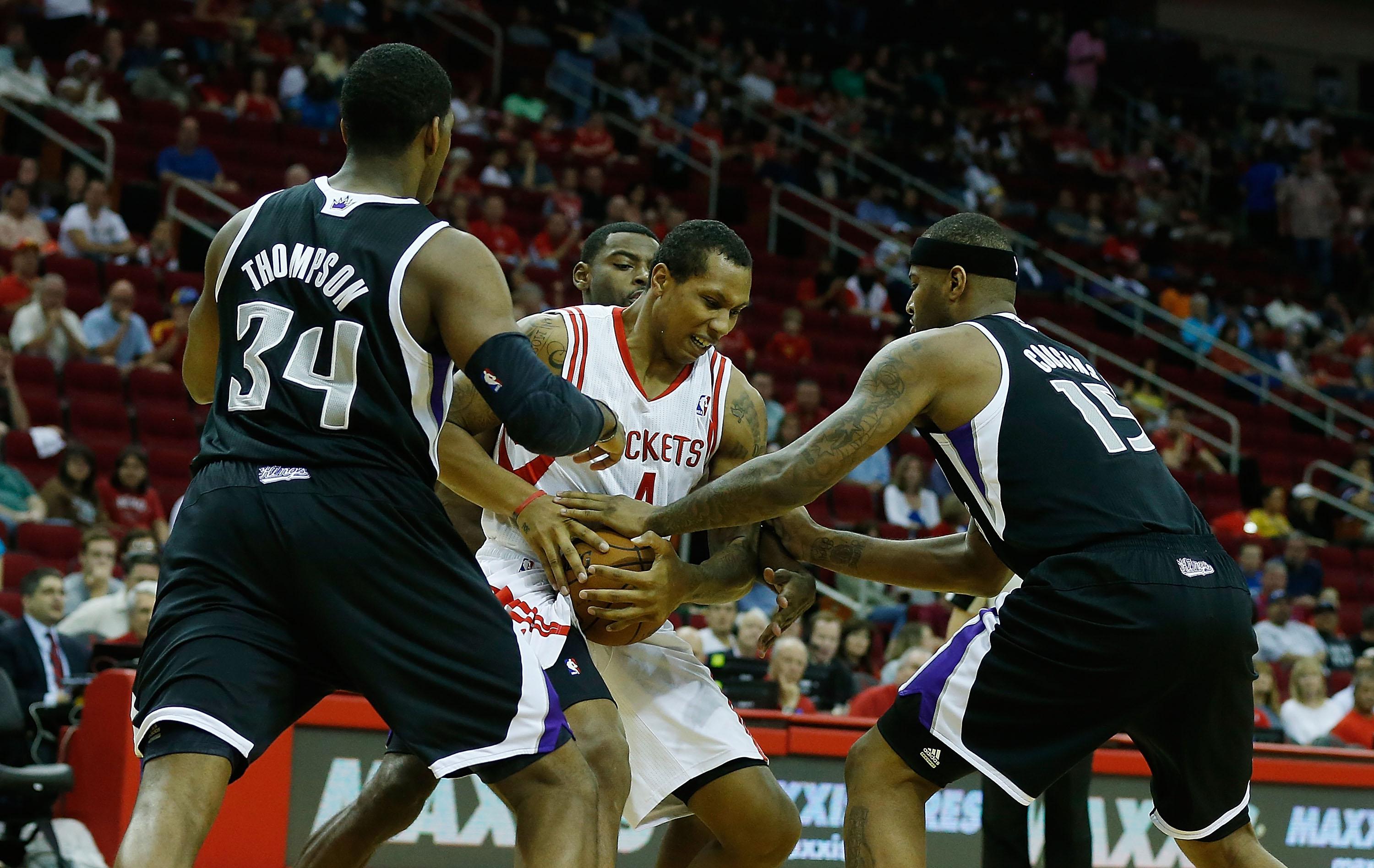A consortium of Seattle businessmen offered to pay $365 million for a controlling 65 percent interest in the Sacramento Kings, provided they could secure permission from the league to relocate the team to Seattle where they planned to build a new arena. A competing group offered $341 million to keep the Kings in Sacramento. And yesterday the owners committee examining the deal screwed the Kings’ current owners by recommending that the move be vetoed and the team sold to the lower bidders.
At first glance this seems perverse. Selling to the low bidder reduces the overall valuation of the franchise by about $35 million, which seems to be against the interests of owners league-wide. And Seattle is a much larger metropolitan area than Sacramento, so the leaue as a whole is missing out on an opportunity to grow its fanbase and increase national television revenue.
So why do this?
Well, it seems to all go back to the arena. You see, in addition to offering $365 million for the team, the Seattle bidders were offering to build a brand new arena for the Kings. By contrast, the Sacramento bidders managed to persuade the city of Sacramento to build a brand new arena for the Kings. The Seattle bid, in other words, would have set a good precedent for the future of American public policy. And the owners didn’t want that. The owners want to be able to make this move over and over again. “Give us a new publicly financed stadium or we’ll move to Seattle” is a threat that works as well in Portland or Milwaukee or Minneapolis or Salt Lake City or Memphis or New Orleans or Phoenix as it does in Sacramento. And the major American sports leagues are organized as a cartel for a reason. An individual owner just wants to sell to the highest bidder. But the league approval process means the owners as a whole can think of the interests of the overall cartel, and those interests very much include a strong interest in maintaining the ability to get cities to pony up subsidies.
